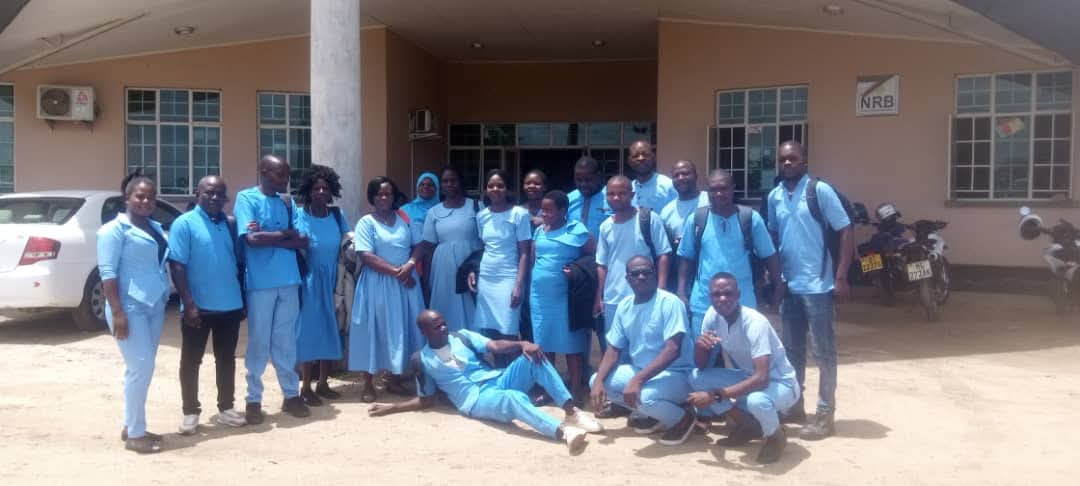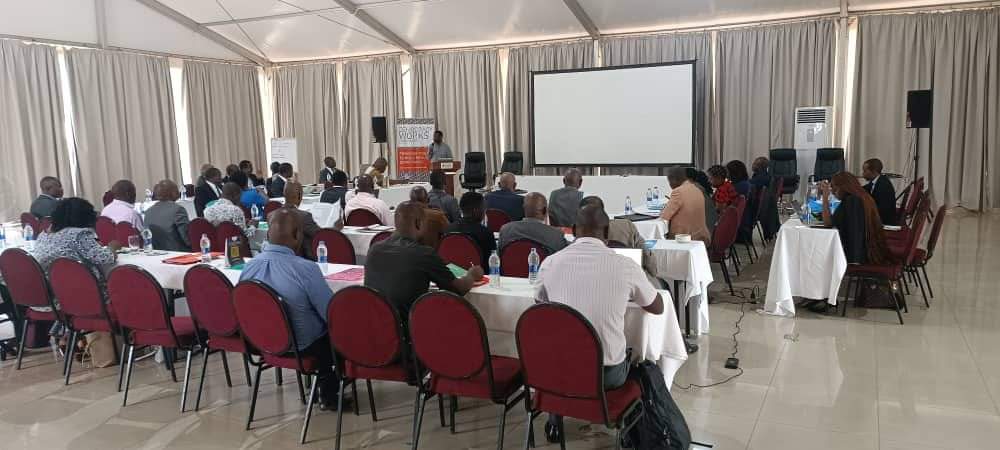By Burnett Munthali
This morning, Health Surveillance Assistants (HSAs) in Machinga gathered at the district council offices to demand payment of allowances they claim have been pending since October and November of last year. The allowances in question relate to their involvement in Integrated Community Case Management (ICCM) services and the distribution of Insecticide-Treated Nets (ITNs), essential activities that directly impact community health.
Leading the protest, HSA representative Ernest Kaliat voiced the frustrations of his colleagues, revealing that each of them is owed over K500,000. He highlighted concerns of unequal treatment, stating that while some HSAs who participated in the same activities have been compensated, others have inexplicably been left out. “We have families to support and responsibilities to meet. This delay in payments is unacceptable and shows a lack of respect for the crucial work we do in the community,” Kaliat said.
The timing of the protest is significant, as it coincides with the launch of the district’s oral cholera vaccination campaign. The vaccination exercise, aimed at curbing the ongoing cholera outbreak in the region, is critical to safeguarding public health. However, it remains unclear whether the protest has disrupted the campaign. Authorities at the Machinga District Council have yet to provide a response or outline steps to address the HSAs’ grievances.
The HSAs’ dissatisfaction underscores broader systemic issues in the health sector, where frontline workers often face delays in payments despite their pivotal roles in safeguarding public health. The ICCM initiative, for which the HSAs were engaged, is a cornerstone of Malawi’s strategy to reduce child mortality through timely treatment of diseases such as malaria, pneumonia, and diarrhea. Similarly, the distribution of insecticide-treated nets is a vital intervention in the fight against malaria, a leading cause of illness and death in the country.
The protest sheds light on the challenges faced by health workers at the grassroots level, who often go above and beyond to serve their communities but struggle to receive timely recognition or compensation for their efforts. While the HSAs remain resolute in their demands, they also fear that the lack of payment might demoralize staff and compromise their ability to continue delivering essential services.
As the day progresses, stakeholders will be watching closely to see how the Machinga District Council and the Ministry of Health respond to these pressing concerns. The situation serves as a reminder of the urgent need to address systemic inefficiencies in the health sector to ensure that frontline workers are adequately supported in their mission to protect and improve public health.




